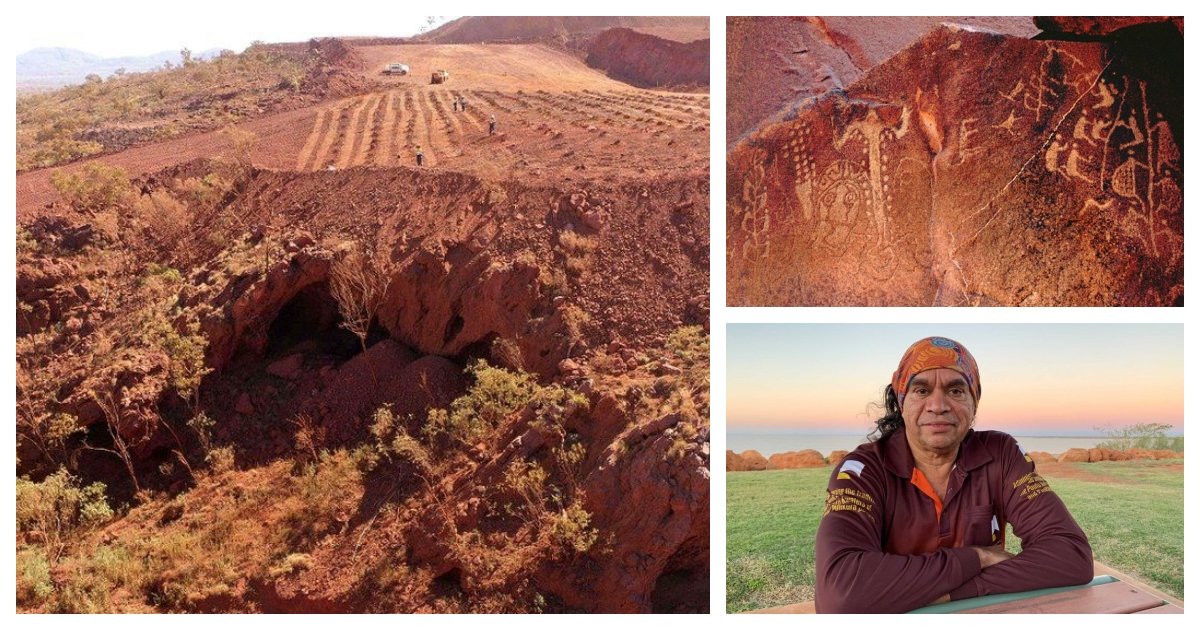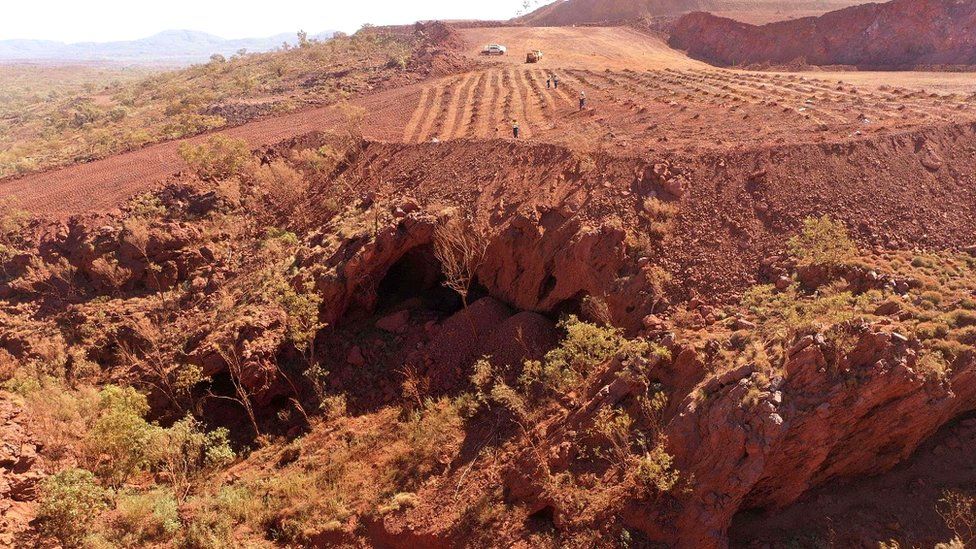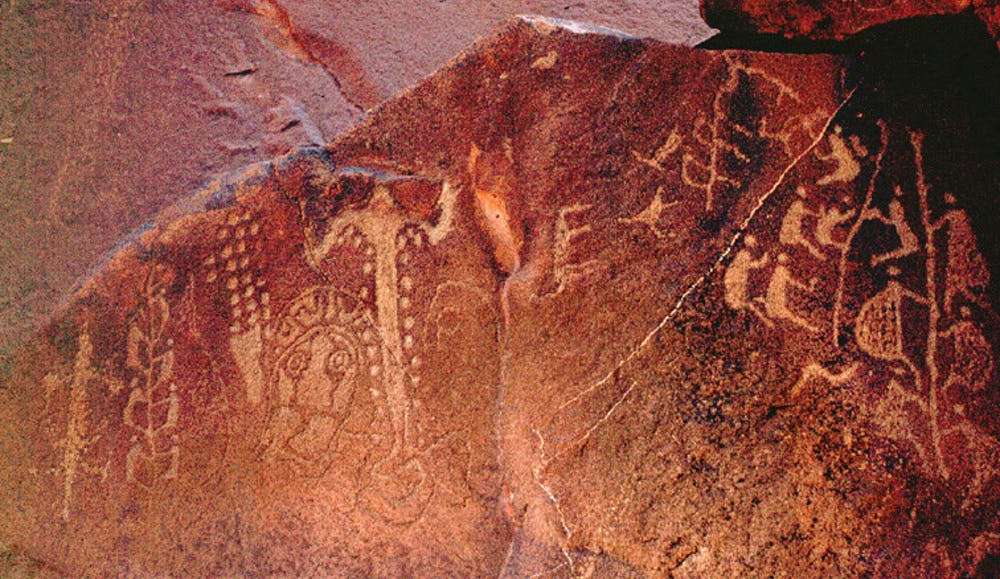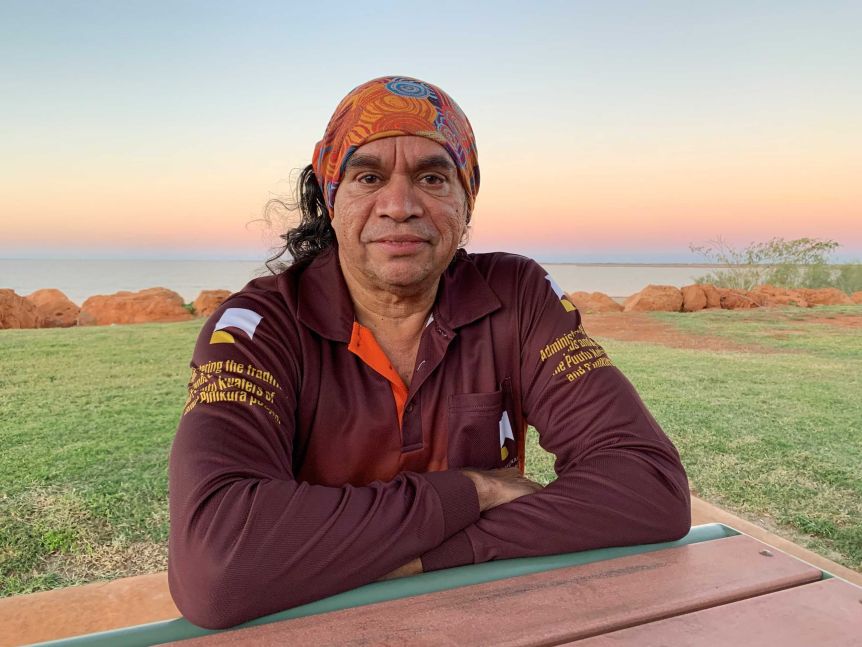The world’s second largest mining company has issued an apology after it was reported that the firm had blown up a cave that the Aborigine population had used since 46,000 years ago.
Last week, mining firm Rio Tinto destroyed the Juukan Gorge Caves where human activity was traced up to the last ice age. It was an effort to expand the area for collecting iron ores, and had been approved by the local authorities.
Rio Tinto’s chief iron ore executive said that they were sorry for the great distress that they have caused. Chris Salisbury continued that the firm will work in tandem with the Puutu Kunti Kurrama and Pinikura People (PKKP), who traditionally resided in this region.
Salisbury also added that they have suspended any further expansion projects in the Juukan Gorge to make sure there are no more cultural heritages that will be damaged because of the firm’s actions.
Many invaluable cultural artifacts had been excavated in these gorges in the past. For instance, an old belt that included human hair allowed scientists to prove that the current PKKP population is in fact genetically related the traditional residents.
Moreover, it was the only site in inland Australia that showed human activities since the ice ages. A PKKP representative said that the loss of the site was a “devastating blow” for the Aborigine population.
In an interview with Reuters, the same representative continued that the Juukan Gorge sites were one of the most important relics from the pre-colonial times, and the destruction of both the physical site and the spiritual connection with ancestors deeply saddened his people.
Ken Wyatt, who is himself an Aborigine and is the current Australian Minister for Indigenous Affairs, said that while it was hard to understand why the project was approved, he was certain that it was not a malicious attack on the Aborigines.
The Conversation blames inadequate state laws as the cause. It reports that it was only a year after the local authorities allowed Rio Tinto to expand that archaeologists discovered artifacts that greatly increased the cultural importance of the site. The article also warns that the tragedy of the Juukan Gorges is not an isolated case.
Share your thoughts with us on this tragic loss, and be sure to follow us on Facebook for more stories like this one.
Replaced!





